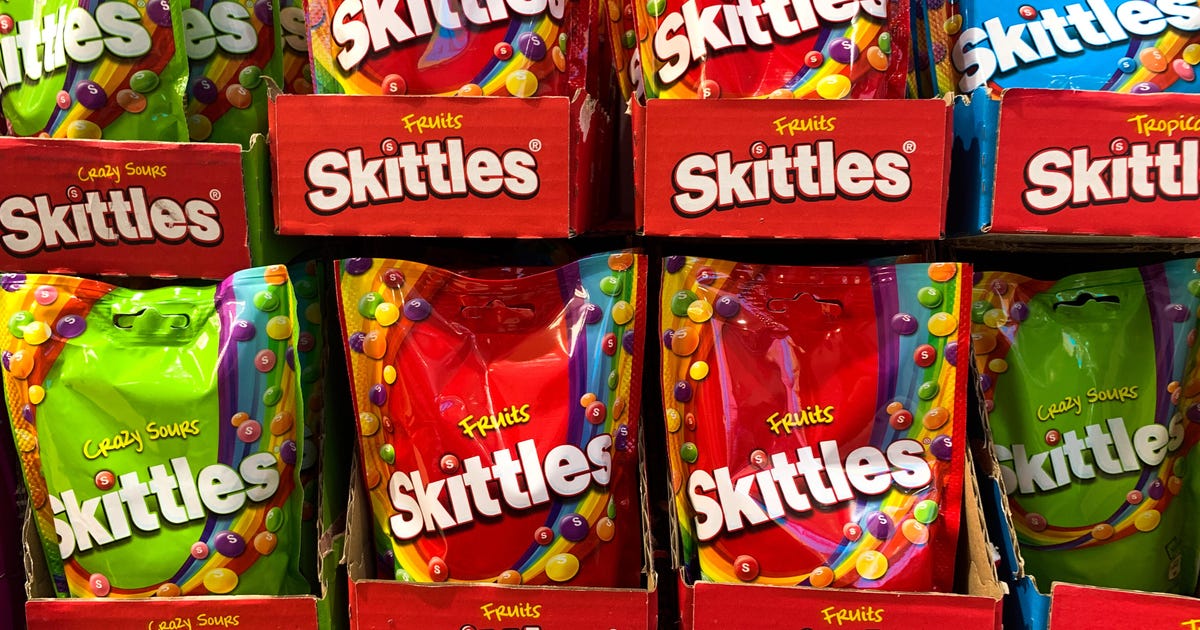A bill introduced to the California state legislature looks to ban five food additives that are already banned by the European Union. The chemicals targeted by Assembly Bill 418 have either been known to cause health problems or cannot be ruled out as potential health hazards when consumed.
The bill, which was introduced last month by California State Assemblymember Jesse Gabriel, a Democrat from the San Fernando Valley, would make California the first US state to prohibit the chemicals being used in food production and packaging.
In a press conference last Thursday on Zoom, Gabriel noted that many food brands including Coke and Pepsi, as well as national food retail and restaurant chains such as Dunkin’, Kroger and Panera Bread, have moved away from the use of the chemicals in question. Other popular products, however, still use these EU-banned additives, including Skittles and several Hostess desserts.
In a release posted online, proponents of the first-of-its-kind legislation have outlined the five chemicals and their potential health hazards:
- Red Dye No. 3 has been linked to cancer and behavioral problems in children. It is found in more than 2,000 food products, including many types of candy, cookies and other foods marketed to children. In 1990, the FDA banned many uses of the dye, citing cancer risks. Since 1994, the European Union allowed Red No. 3 to be used in candied and cocktail cherries only.
- Brominated vegetable oil can build up in the body and has been linked to several health harms, including to the nervous system. It is prohibited in the EU from use in processed foods.
- Potassium bromate has been linked to cancer but has not been reviewed for safety by the FDA since 1973. It has been prohibited from use in processed food in the EU since 1990 and since then has been on California’s Proposition 65 list of chemicals that may cause cancer.
- Propyl paraben has not been thoroughly reviewed for safety by the FDA. It has been linked to harm to the hormone and reproductive systems, including decreased sperm counts. It has been prohibited from use in food in the EU since 2006 but is still used as a preservative in the US.
- Titanium dioxide has been linked to damage to our DNA and harm to the immune system. In 2022, the EU prohibited it from use in food offered for sale, but it is still allowed in food sold in the US. It is found in popular snacks like Skittles.
In a statement, Susan Little, senior advocate for California government affairs at the activist organization Environmental Working Group, said of the chemicals: “We know they are harmful and that children are likely being exposed at a much higher rate than adults. It makes no sense that the same products food manufacturers sell in California are sold in the EU but without these toxic chemicals. Our kids need to be protected, too.”
In July, a lawsuit was filed against Mars, the maker of Skittles, claiming the candy is unfit for human consumption.





















Discussion about this post